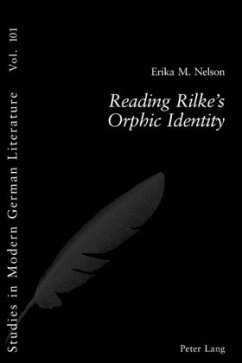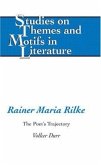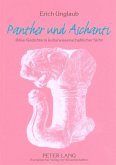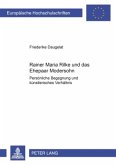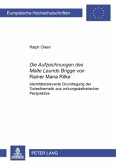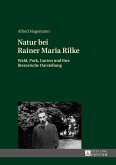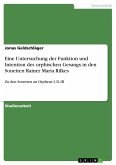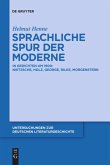This study of Rainer Maria Rilke (1875-1926) examines the poet's understanding of the malleable nature of identity, while addressing the question of Rilke's place in literary history. In line with contemporary literary theory which views the "self" as a societal "construction" and strategic narrative device, this study explores Rilke's preoccupations with identity in his work, as he investigates the disintegration of the subjective self in the modern world. Rilke's re-readings of the mythological figures of Orpheus and Narcissus in modern psychological terms, as well as in terms of traditional poetics, are keys not only to his poetics and his changing understanding of "self", but also to his evolving critique of society. This study tracks how Rilke's Orphic work disengages traditional patterns of perceptions, not only to challenge fidelity to history, but also to recover the power of traditional elements from that history to help articulate subjectivity in new terms.

